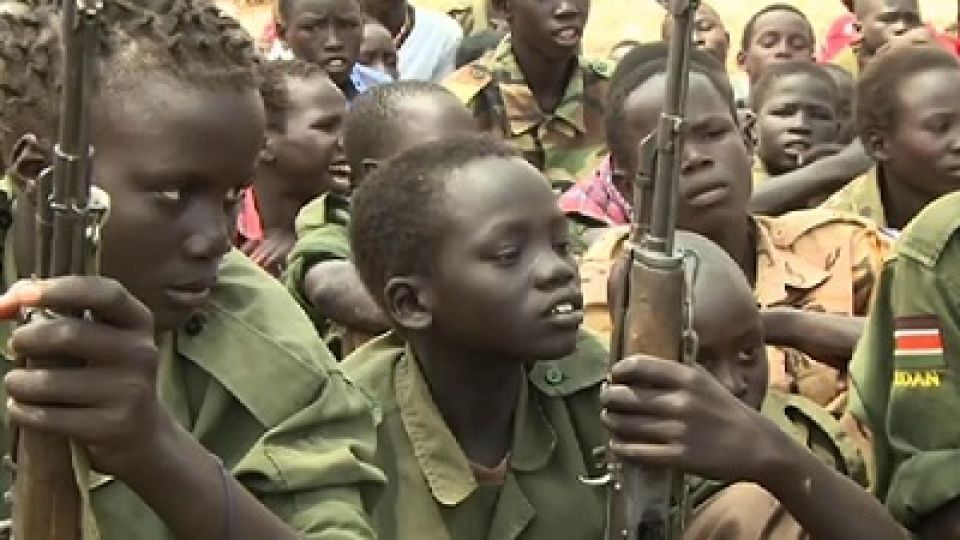from RAJI BASHIR in Khartoum, Sudan
Sudan Bureau
KHARTOUM, (CAJ News) – PEACE remains inconceivable in South Sudan if state actors, including senior government and military officials, are involved in grave human rights violations.
These actors are exacerbating a situation made dire by numerous militia and armed groups in the world’s newest country.
“It is hard to imagine peace while state actors continue to be involved in gross human rights violations,” said Barney Afako, a commissioner of the United Nations Commission on Human Rights in South Sudan.
The envoy said a true demonstration of the government’s stated commitments to peace and human rights would involve dismissing the responsible officials and initiating prosecutions.
However, impunity is a major driver of the human rights and humanitarian crises in South Sudan, which continue to cause immense trauma and suffering for civilians in the East African country.
Last month, Afako, alongside fellow commissioner, Andrew Clapham, visited the troubled country.
Clapham said senior public officials and military officers should be held accountable for serious crimes, or else there will never be an end to the gross human rights violations in South Sudan.
“Attacks against civilians persist precisely because perpetrators are confident they will enjoy impunity,” he said.
A report by the commissioners identifies widespread attacks against civilians, systematic sexual violence against women and girls, the ongoing presence of children in fighting forces, and state-sponsored extrajudicial killings.
The UN commission’s findings describe multiple situations where state actors are the primary perpetrators of serious crimes under South Sudan’s laws, as well as under international law.
Members of non-state armed groups are also identified as the perpetrators of violent crimes carried out in various areas of conflict.
UN envoys have documented human rights violations in South Sudan for years since a civil war in 2013, two years after independence.
“We continue to be shocked by the ongoing violence, including horrific sexual violence, targeting civilians, and perpetrated by members of the armed forces, different militia, and armed groups,” Clapham said.
Faced with persistent cycles of violence and insecurity, survivors are disillusioned and losing hope.
Among violations by government agents, in Tonj North County, the commission established that security forces launched a campaign of violence against civilians when the heads of the government’s three main security organs deployed to the area.
The report also details extrajudicial killings in Mayom County, during a military operation overseen by senior government and military officials.
Videos of the killings have been shared widely on social media.
A devastating operation in Leer County had government officials directing militias to carry out widespread killings, systematic rape, and forced displacement against civilians in an area considered to be loyal to the opposition.
The 2018 Revitalized Peace Agreement remains the framework offering the prospects of peace but rivals intermittently violate it.
The peace arrangement between Salva Kiir Mayardit and main rival, Riek Machar, also charts a way for South Sudan to make a permanent Constitution.
It is anticipated to strengthen rule of law and respect for human rights, thus laying foundations for the stability of the landlocked country of 11,5 million people.
Afako pointed out that long-delayed constitution-making and elections were planned in the next 18 months, but the civic space needed to make these meaningful has virtually disappeared.
Activists and journalists operate under threat of death and detention.
“We demand that the authorities immediately end the harassment of civil society, and protect political space,” Afako said.
Clapham said although the government had announced special investigation committees on several situations examined by the UN commission, only one such body appears to have carried out inquiries.
“…however, no reports have been published, and no related criminal trials have taken place,” Clapham said.
– CAJ News

